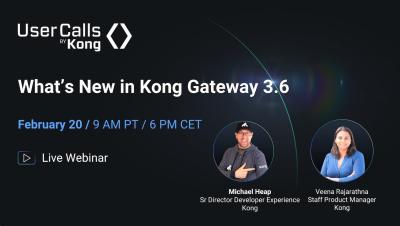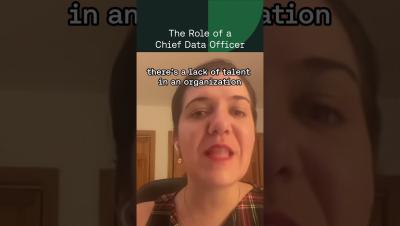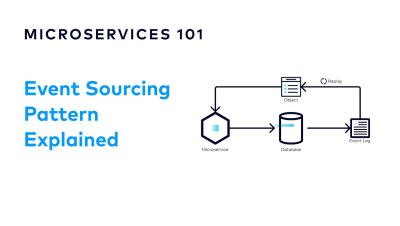How AI is useful in Test Automation | Alphabin
Dive into the world of AI-powered test automation and discover how it's reshaping industries. From accelerated testing to enhanced accuracy, witness the future of software development! Don't miss out on this game-changing technology!











